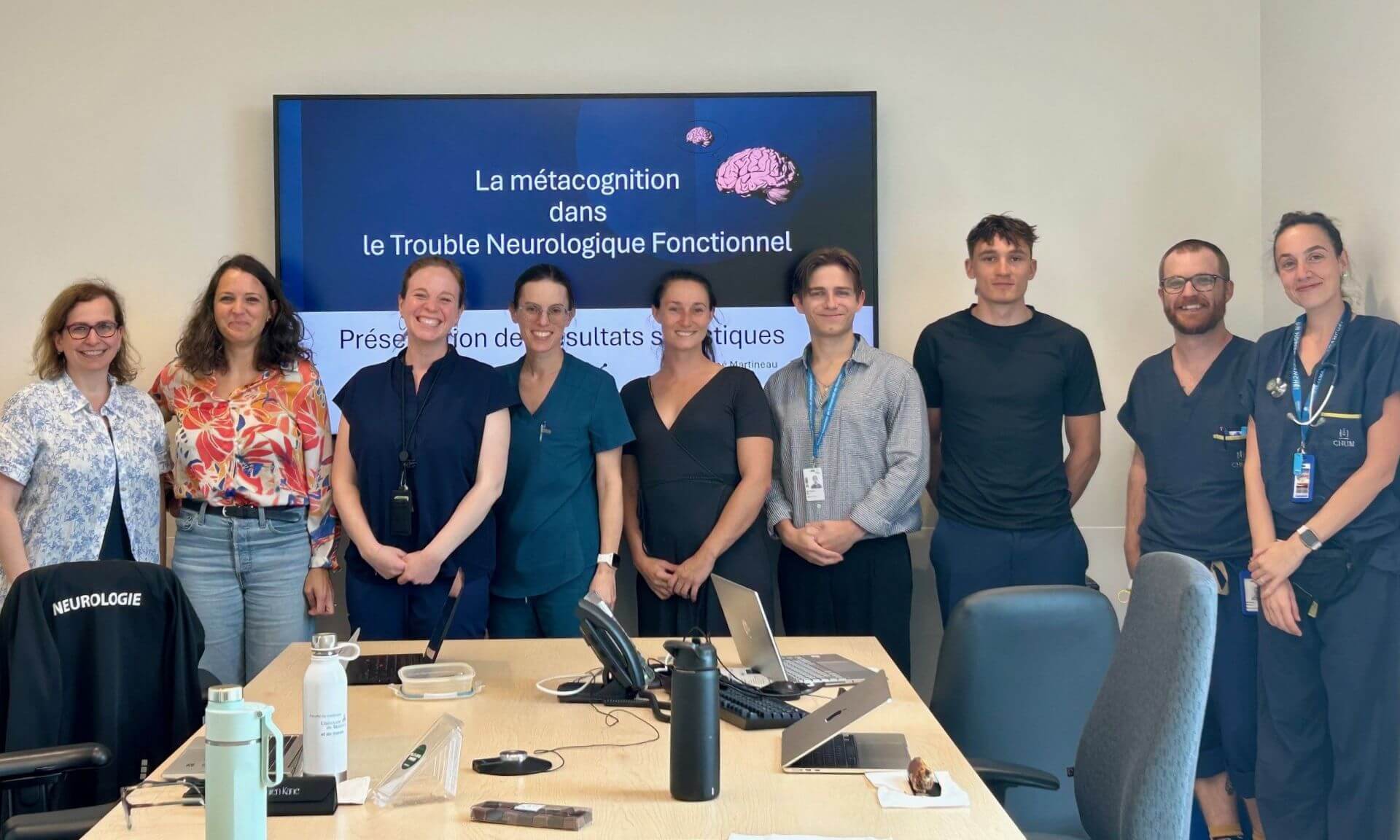Tomas Paus: putting young people's brain health under the microscope

Tomas Paus's work draws on an impressive and long available collaborative database of several national population groups (in Quebec, the United Kingdom, Finland, and Brazil), and brings him to one surprising conclusion.
“Most mental health disorders ─ schizophrenia, ADHD, depression, mood disorders ─ are related to a brain development problem," says Paus, who teaches in the Department of Psychiatry and Addictology and the Department of Neuroscience of Université de Montréal's Faculty of Medicine.
"Half appear by age 14 and three-quarters by age 24. The first few years of life are critical.”
And the more we know about how the brain works, the better our chances of acting on mental health, he believes.
30 years of research

An expert in population neuroimaging, Paus has grown his expertise over 30 years of research into the functioning of the human brain and the factors that alter its development. He has helped demonstrate that the likelihood of developing a mental health disorder is increased by a combination of genetic and environmental factors.
These days, he's working on ways to minimize the impact of these factors on brain maturation, particularly during adolescence.
“You can’t do anything about genes," he says. "But we can do something about the environment, whether it’s the family, diet, social inequalities, pollution, and so on. For example, we could increase green spaces, offer everyone the opportunity to go to school, or provide support to people who are likely to develop a mental health disorder due to their family history."
In his Population Neuroscience Laboratory at the Centre de recherche CHU Sainte-Justine, in Montreal, Paus and his team use technology from neuroimaging, genetics and epidemiology.
“Our work is highly collaborative and interdisciplinary,” he says, noting that he recently acquired a portable magnetic resonance imaging (MRI) machine – the very first of its kind in Quebec ─ to measure the brain growth curve of young children from various neighbourhoods.
“During the first two years of life, the brain doubles in size," he says. "Data obtained in the field, with the parents’ consent, will allow us to determine which neighbourhood characteristics are favourable to brain development and which are detrimental to local residents’ health. Ultimately, this data will be used to target interventions.”
Paus is also involved in a research project on the effects of cannabis on the brains of young people, specifically the link between early use and psychosis. “I’m in charge of harmonizing measurements and sharing data,” he says.
Teaching here for two years
Paus has been teaching in UdeM 's medical faculty since March 2021, following a stint at the University of Toronto. When asked why he left Toronto for Montreal, the Czech-born professor said it was a homecoming of sorts for him.
His Montreal adventure began in 1989 when he met Brenda Milner, a Canadian pioneer in human brain research, at a conference in Amsterdam on the prefrontal cortex. An illustrious neuropsychologist, now 104 years old, Milner agreed to take him under her wing for his postdoctoral training at McGill University. At the time, neuroimaging was booming.
“I was involved in launching functional imaging and structural imaging at the Neuro,” Paus recalls, referring to McGill's Montreal Neurological Institute.
Fifteen years later, he left to teach at the University of Nottingham in the U.K., then returned to Canada to work at UofT. In 2021, UdeM made him an offer in line with his interests: to work in an interdisciplinary environment in psychiatry and addictology and do research at Sainte-Justine, a children's hospital.
“It’s an extraordinary environment for advancing knowledge of brain development, particularly for the mental health of adolescents," Paus says, adding with a smile: "All the good memories I had of Montreal also weighed in the balance."



